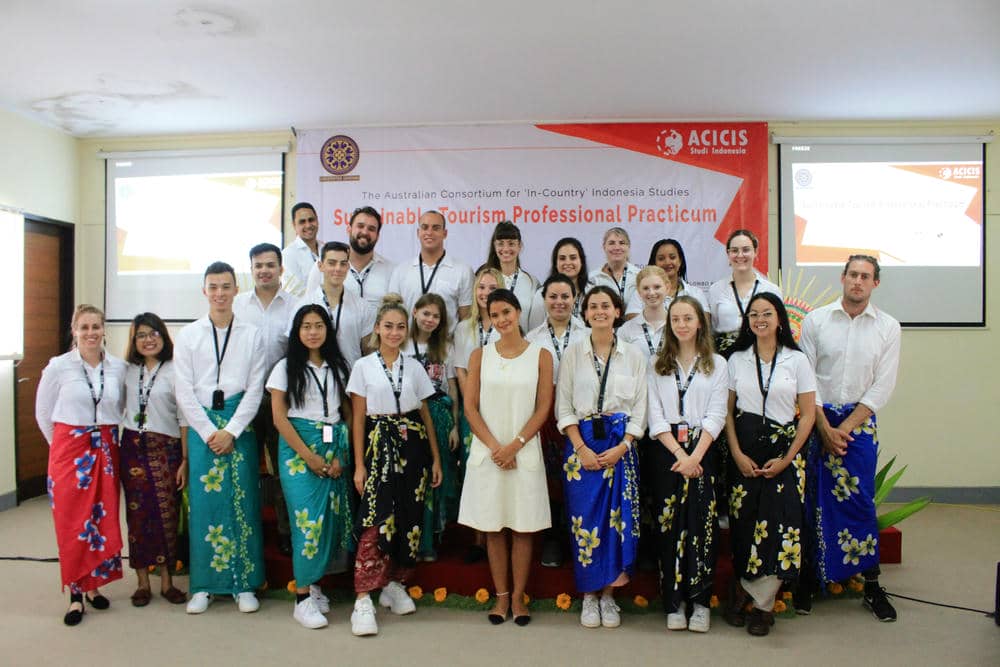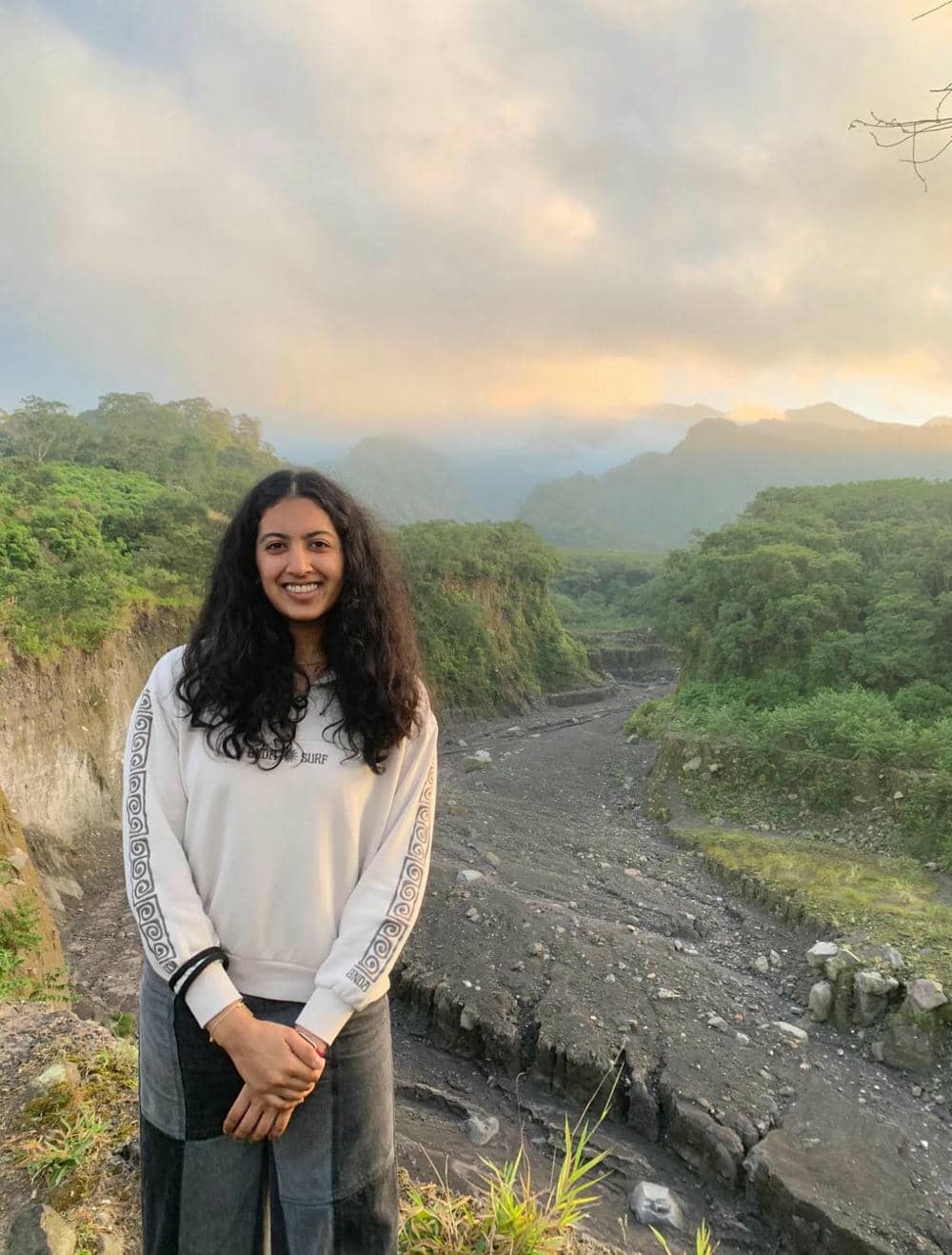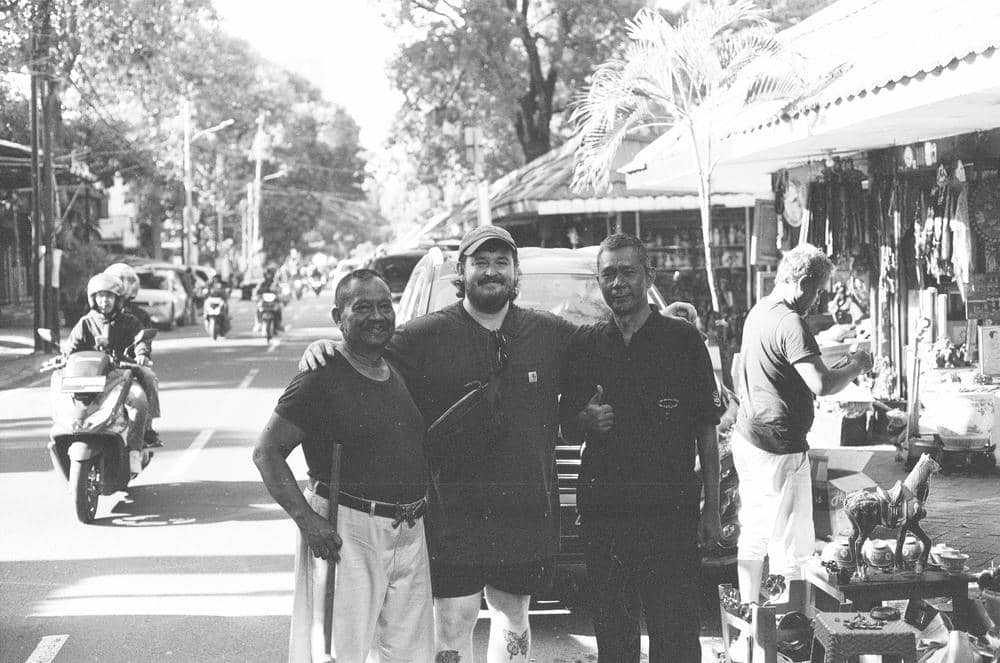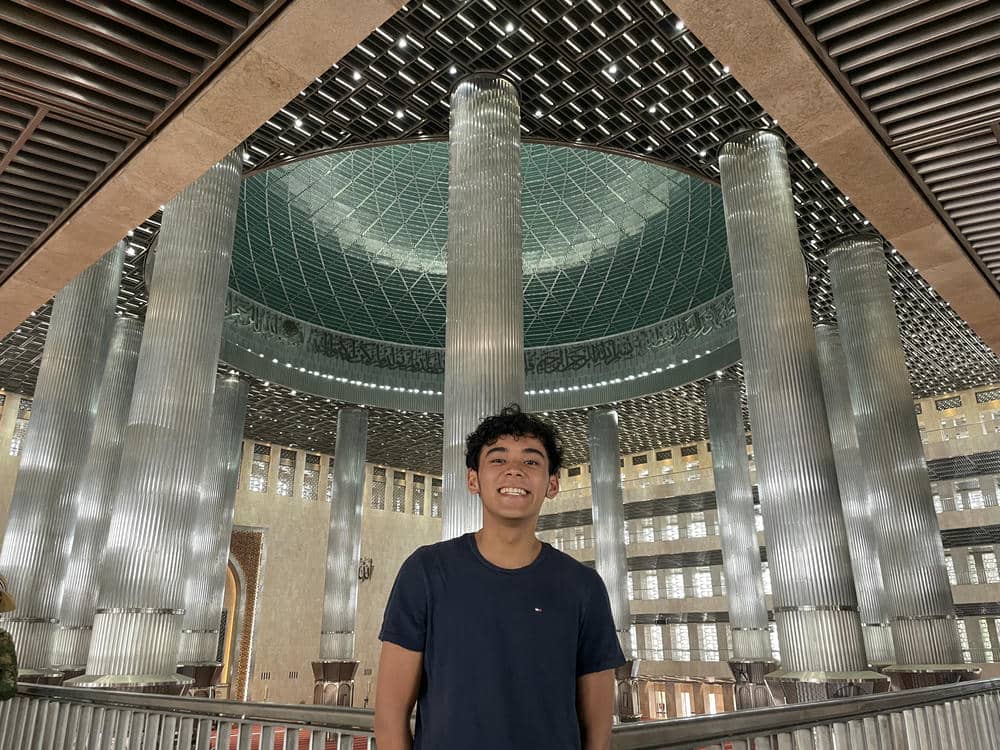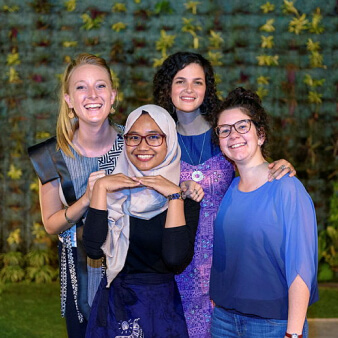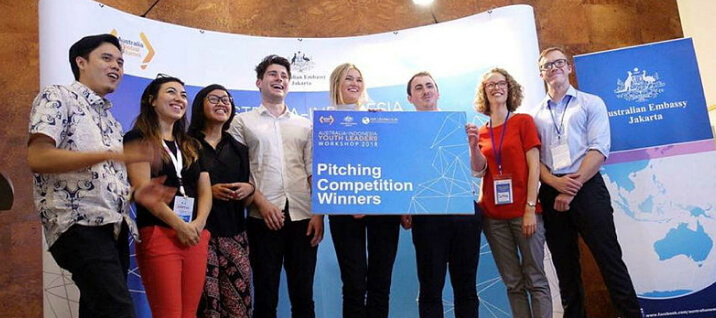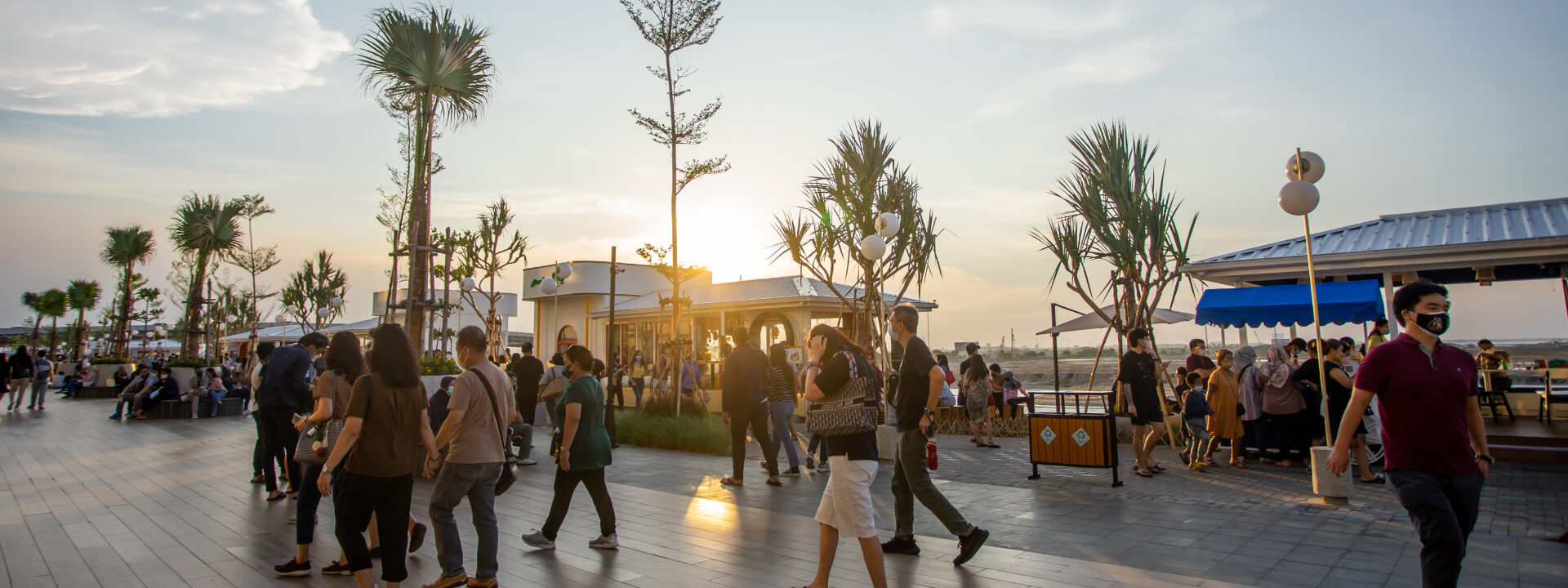
Living in Indonesia.
An Acicis program means more than just studying—it’s about fully immersing yourself in the vibrant culture and daily life of Indonesia.
Immerse yourself.
To help you make the most of your time in Indonesia, we’ve pulled together our tips and guidelines to help you find a place to live, stay safe, and prepare everything you need.
Accommodation
Finding the right place to stay is a crucial part of your study abroad experience. Acicis offers guidance to help you choose accommodation that suits your needs and budget, from kos (boarding houses) to homestays, apartments, and more. Consider the best options available for you and find out how Acicis supports you in making this important decision.
Health & safety
Your health and safety are our top priorities at Acicis. Discover the extensive measures we’ve put in place to ensure your well-being during your time in Indonesia. From risk management and emergency protocols to preventive health tips, this section covers everything you need to know to stay safe and healthy.
Visas
Obtaining the correct visa is an essential part of your study abroad preparation. Acicis simplifies this process by providing clear guidance and support throughout your visa application. Learn about the steps involved and how we help you secure the right visa for your program.


